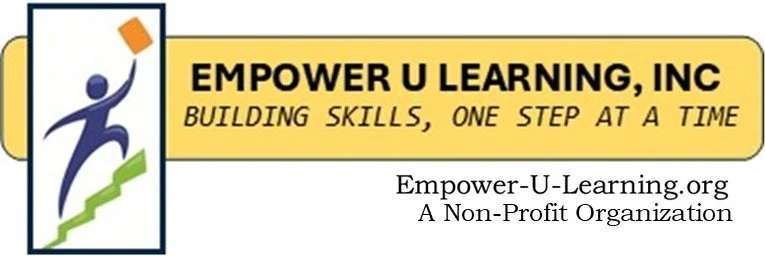Formal & Informal Learning
Formal and Informal Learning: Education Beyond the Classroom
Graduation may mark the end of high school, but learning doesn’t stop there. Education comes in two forms—formal learning (such as college, trade school, or certification programs) and informal learning (skills gained through work, community involvement, mentorship, or self-directed study). Both are valuable, and understanding how they complement each other helps young adults continue growing personally and professionally.
Participants will learn how to:
Recognize formal learning opportunities – Exploring colleges, trade schools, certification programs, apprenticeships, and structured courses that lead to credentials.
Explore informal learning opportunities – Understanding how jobs, volunteer work, mentorship, and everyday experiences contribute to skill-building.
Balance both types of learning – How combining structured education with real-world experiences leads to stronger knowledge and adaptability.
See the value of lifelong learning – Why curiosity and continuous improvement are essential in today’s fast-changing job market.
Build personal learning pathways – Identifying individual strengths, interests, and career goals to choose the right mix of formal and informal learning.
Acknowledge transferable skills – Understanding how communication, teamwork, and problem-solving are developed in both formal and informal settings.
By the end of this course, participants will understand that education is not limited to a classroom or diploma—it’s a lifelong process that happens in schools, workplaces, communities, and everyday life. They’ll leave with the confidence to create a learning path that fits their personal goals and career aspirations.
